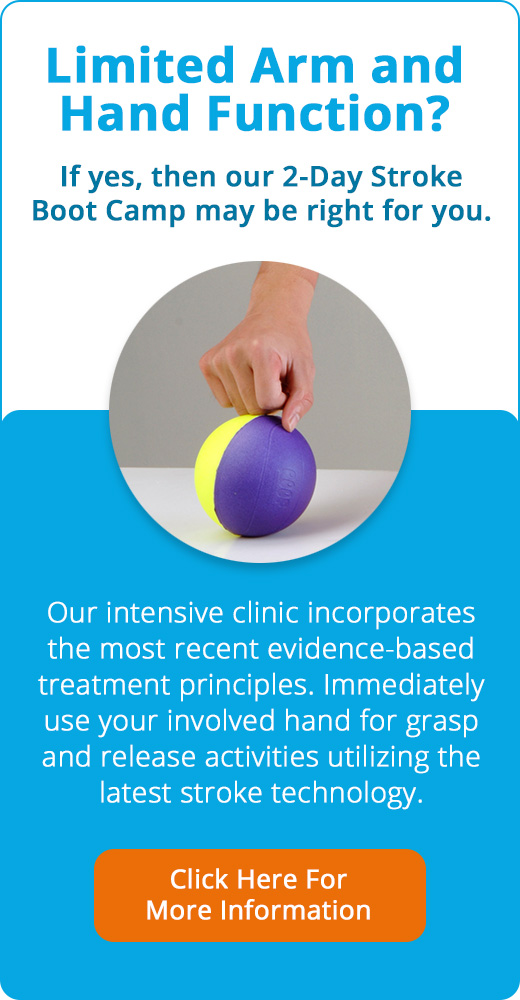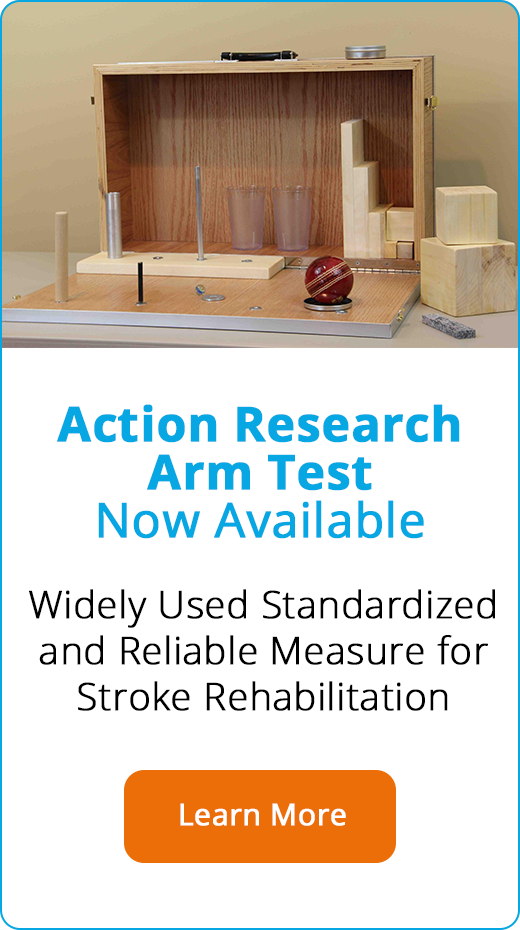Virtual Rehabilitation Using Nintendo Wii and Conventional Physical Therapy Effectively Treat Post-Stroke Hemiparetic Patients.
NeuroRehab Team
Tuesday, December 3rd, 2019

Da Silva Ribeiro NM, Ferraz DD, Pedreira E, et.al. Topics in Stroke Rehabilitation 2015; 22: 299-305.
This study compared the use of the Wii Nintendo to a conventional physical therapy program to improve both sensorimotor activity (measured by the total Fugl-Meyer assessment score) and quality of life (measured using the SF-36). Thirty stroke survivors were randomly assigned to either group and all participants received two hourly sessions for each of two months.
Find Virtual Reality/Computerized Gaming Devices
Evaluators were skilled in administering outcome measures and blinded to intervention designation. Conventional therapy consisted of timed activities directed towards stretching, range of motion, mobilization, diagonal patterned movements, balance training, and gait related activities. Gaming interfaces for the Wii Nintendo group included tennis, hula-hoop, soccer and boxing. Game difficulty was advanced based upon achieving specific scores. While both groups improved in multiple dimensions (passive motion and pain, upper limb motor function, balance), the Wii group showed more variables for which significant improvements could be made. However, no significant group differences were found except for the SF-36 physical functioning domain which should preferable improvement favoring the conventional therapy group.
This study highlighted the value of gaming interfaces during stroke rehabilitation; however factors including the frequency of exposure and value of games as determined by participants require substantially greater study.


Leave a Reply
You must be logged in to post a comment.